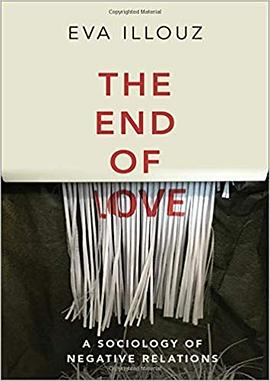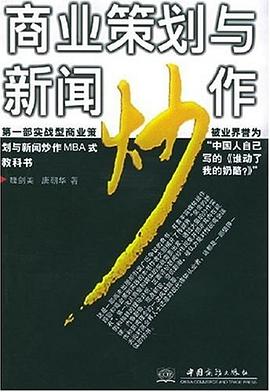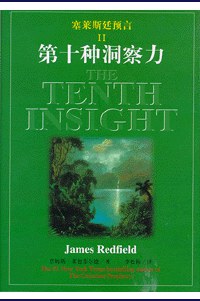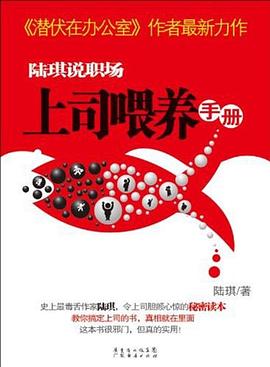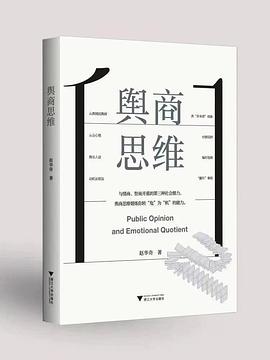The End of Love
内容简介
Western culture has endlessly represented the ways in which love miraculously erupts in people's lives, the mythical moment in which one knows someone is destined for us; the feverish waiting for a phone call or an email, the thrill that runs our spine at the mere thought of him or her. Yet, a culture that has so much to say about love is virtually silent on the no less mysterious moments when we avoid falling in love, where we fall out of love, when the one who kept us awake at night now leaves us indifferent, or when we hurry away from those who excited us a few months or even a few hours before.
In The End of Love, Eva Illouz documents the multifarious ways in which relationships end. She argues that if modern love was once marked by the freedom to enter sexual and emotional bonds according to one's will and choice, contemporary love has now become characterized by practices of non-choice, the freedom to withdraw from relationships. Illouz dubs this process by which relationships fade, evaporate, dissolve, and break down "unloving." While sociology has classically focused on the formation of social bonds, The End of Love makes a powerful case for studying why and how social bonds collapse and dissolve.
Particularly striking is the role that capitalism plays in practices of non-choice and "unloving." The unmaking of social bonds, she argues, is connected to contemporary capitalism that is characterized by practices of non-commitment and non-choice, practices that enable the quick withdrawal from a transaction and the quick realignment of prices and the breaking of loyalties. Unloving and non-choice have in turn a profound impact on society and economics as they explain why people may be having fewer children, increasingly living alone, and having less sex.
The End of Love presents a profound and original analysis of the effects of capitalism and consumer culture on personal relationships and of what the dissolution of personal relationships means for capitalism.
......(更多)
作者简介
Eva Illouz is Directrice d'Etudes at the EHESS in Paris and Rose Isaac Chair of Sociology at the Hebrew University of Jerusalem. Her previous books include Why Love Hurts: A Sociological Explanation, Cold Intimacies: The Making of Emotional Capitalism, and Consuming the Romantic Utopia: Love and the Cultural Contradictions of Capitalism.
......(更多)
目录
1. Introduction: Unloving and the Sociology of Negative Choice
2. Premodern Courtship, Social Certainty, and the Rise of Negative Relationships
3. Confusing Sex
4. The Rise of Ontological Uncertainty
5. A Freedom with Many Limits
6. Divorce as a Negative Relationship
Conclusion: Negative Relations and the Butterfly Politics of Sex
Acknowledgments
Notes
Bibliography
Index
......(更多)
读书文摘
這裡總結一下:女性身體的吸引力和性是可代換的商品。女性身體耗用各式各樣大量的消費品,用以改善和塑造容貌體態,而這樣的容貌體態又被「投資」在多個市場上,用以產生資本。這種市場中的金流是靠象徵性的經濟來維持的,而這種經濟可使性和性魅力成為「女人味」的一種屬性,令其成為一種生產出來以供觀賞的真實商品。
......(更多)
